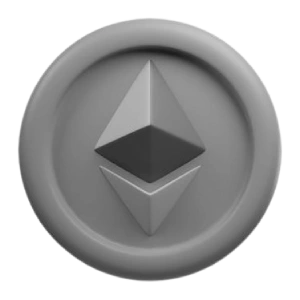

Ethereum (ETH) is the second-largest cryptocurrency by market cap, but unlike Bitcoin, it’s not just digital money — it’s a programmable blockchain platform. Launched in 2015 by Vitalik Buterin and others, Ethereum allows developers to build decentralized applications (dApps), smart contracts, NFTs, and much more.
ETH is the native currency used to pay for transactions, smart contract executions, and network fees (commonly called “gas”).
Smart Contracts: Code that runs automatically on the blockchain
dApps: Hosts thousands of decentralized apps, from DeFi to gaming
NFTs: Ethereum is the main platform for NFT creation and trading
Staking: Ethereum now uses Proof-of-Stake, allowing ETH holders to earn rewards
Yes! Many crypto debit cards such as Crypto.com, Bitget, Tevau, and Bybit support ETH top-ups. When you spend, your Ethereum balance is automatically converted to fiat (USD, EUR, etc.), allowing you to use it just like a regular debit or credit card.
Some platforms also allow staking ETH directly via their mobile wallet or earn cashback in ETH.
Ethereum is ideal for:
Crypto users who want access to DeFi, NFTs, or Web3 apps
Long-term investors in Layer-1 blockchain infrastructure
Developers building decentralized services
Anyone looking to spend crypto with added utility beyond just payments
Ethereum is much more than a cryptocurrency — it’s the foundation of the decentralized internet. Whether you’re investing, developing, or simply spending ETH using a crypto card, Ethereum opens the door to a powerful and flexible blockchain ecosystem.